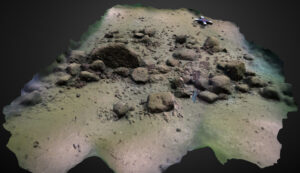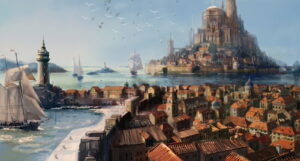Plato told the story of Atlantis around 360 BC. The founders of Atlantis, he said, were half god and half human. They created a utopian civilization and became a great naval power. Atlanteans were brilliant engineers. About 12,000 years ago they built palaces, temples, harbours, docks and a very complicated water system.
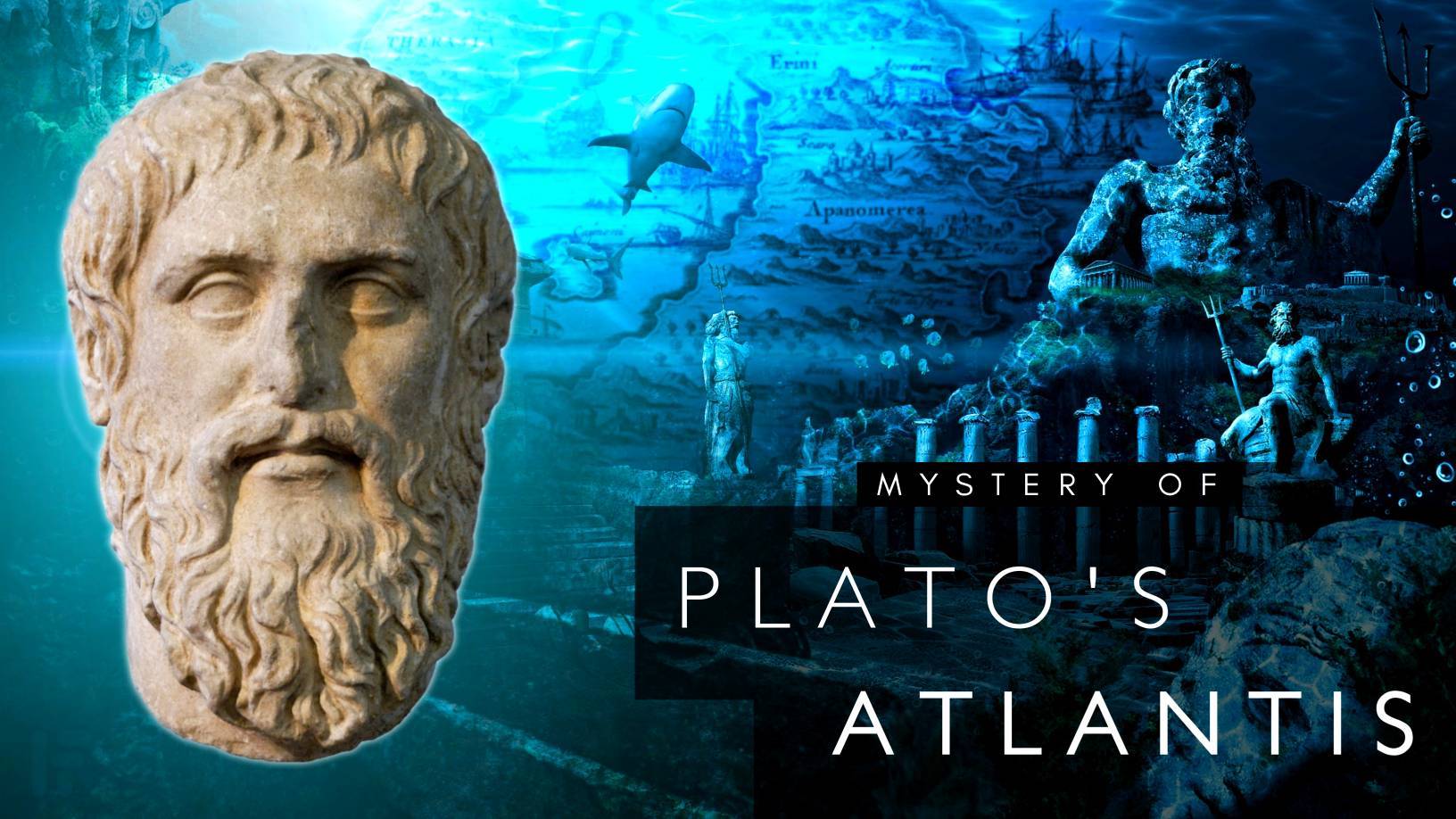
Farmers grew food on a small field and behind the field, where the mountains met the sky was where the Atlanteans had their homes. Plato had described the huge buildings fountains with hot and cold running water, walls covered with precious metals and statues made of gold. Today, Atlantis is often described as pseudo-historical or mythical, but is it really?
The Origin Of The Atlantis’ Story
In two of Plato’s great works, the Timaeus and the Critias, Plato describes an Athenian civilization in dialogues between Critias, Socrates, Timaeus and Hermocrates. Plato’s Critias recounts the story of the mighty island kingdom Atlantis and its attempt to conquer Athens, which failed due to the ordered society of the Athenians.
Critias is the second of a projected trilogy of dialogues, preceded by Timaeus and followed by Hermocrates. The latter was possibly never written and Critias (Dialogue) was left incomplete.
The man who supposedly first brought the Atlantis’ story from Egypt to Greece was Solon, the famous lawmaker who lived in Greece between 630 and 560 BC. According to Plato, Solon told the story to the great-grandfather of the Critias appearing in this dialogue, Dropides, who then told it to his son, who was also named Critias and the grandfather of the Critias in the dialogue. The elder Critias then retold the story to his grandson when he was 90 and the younger Critias was 10.
The Lost City Of Atlantis
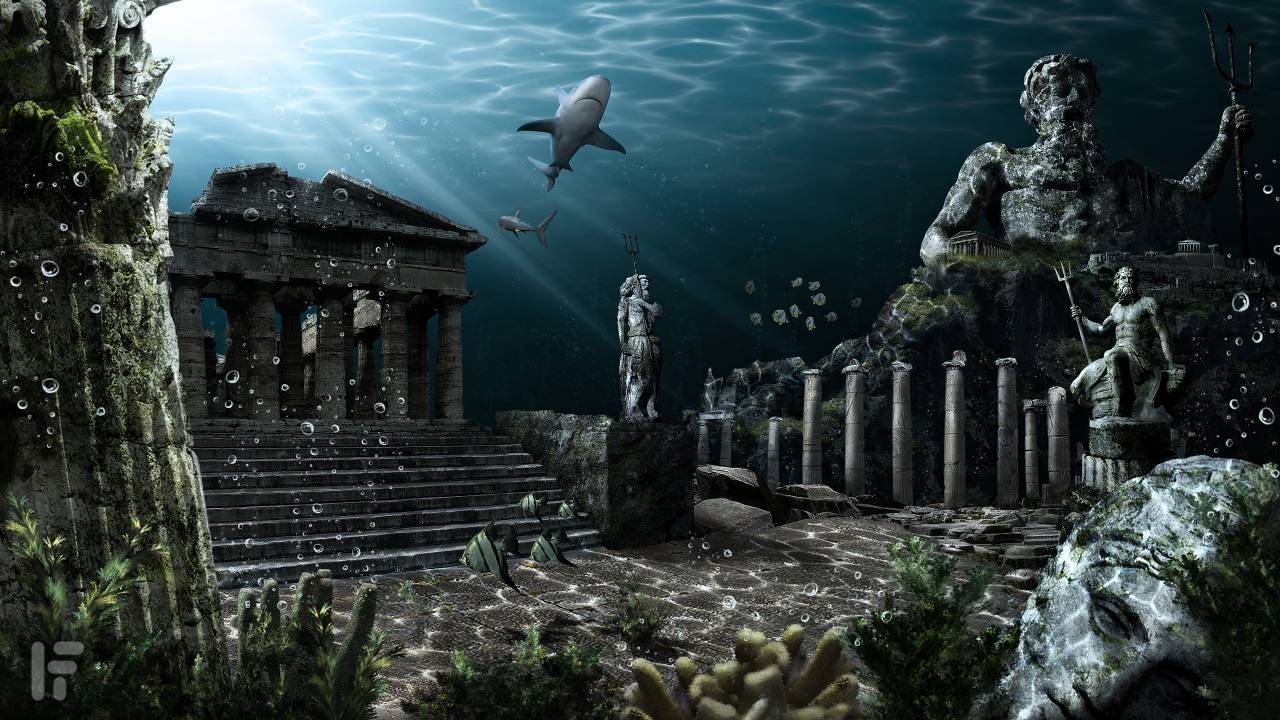
According to Critias, Atlantis was a great Athenian city, which, by the hand of mankind, met with cataclysmic destruction in around 9,600 BC, predating Plato by 9,000 years. By his grandfather’s education, Critias retold the story of an Athenian Civilization.
Critias claimed that his great-grandfather Solon was a Greek traveller and historian from Egypt, who stayed and interrelated with great Egyptian priests. The recordings from Solon were then given to Plato by Critias. Because Plato’s works are considered historical fact, many strongly believe that Atlantis did indeed exist.
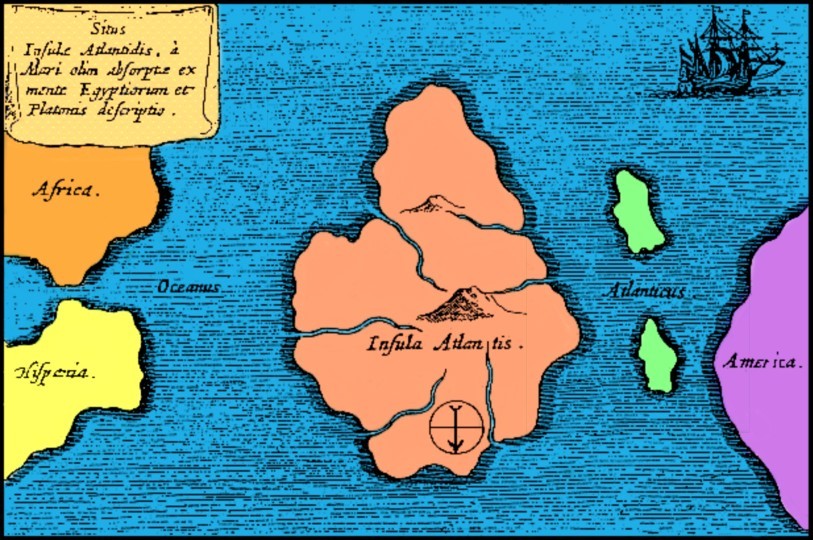
According to Critias, in ancient times, the Earth was divided among the gods by allotment. The gods treated the humans in their districts much as shepherds treat sheep, tending and guiding them like nurselings and possessions. They did this not by force, but by persuasion. In those days, the areas which are now the islands of Greece were high hills covered in good soil.
Then one day, the global flood of Deucalion came and struck the earth. The flood in the time of Deucalion was caused by the anger of Zeus, ignited by the hubris of the Pelasgians. So Zeus decided to put an end to the Bronze Age. According to this story, Lycaon, the king of Arcadia, had sacrificed a boy to Zeus, who was appalled by this savage offering.
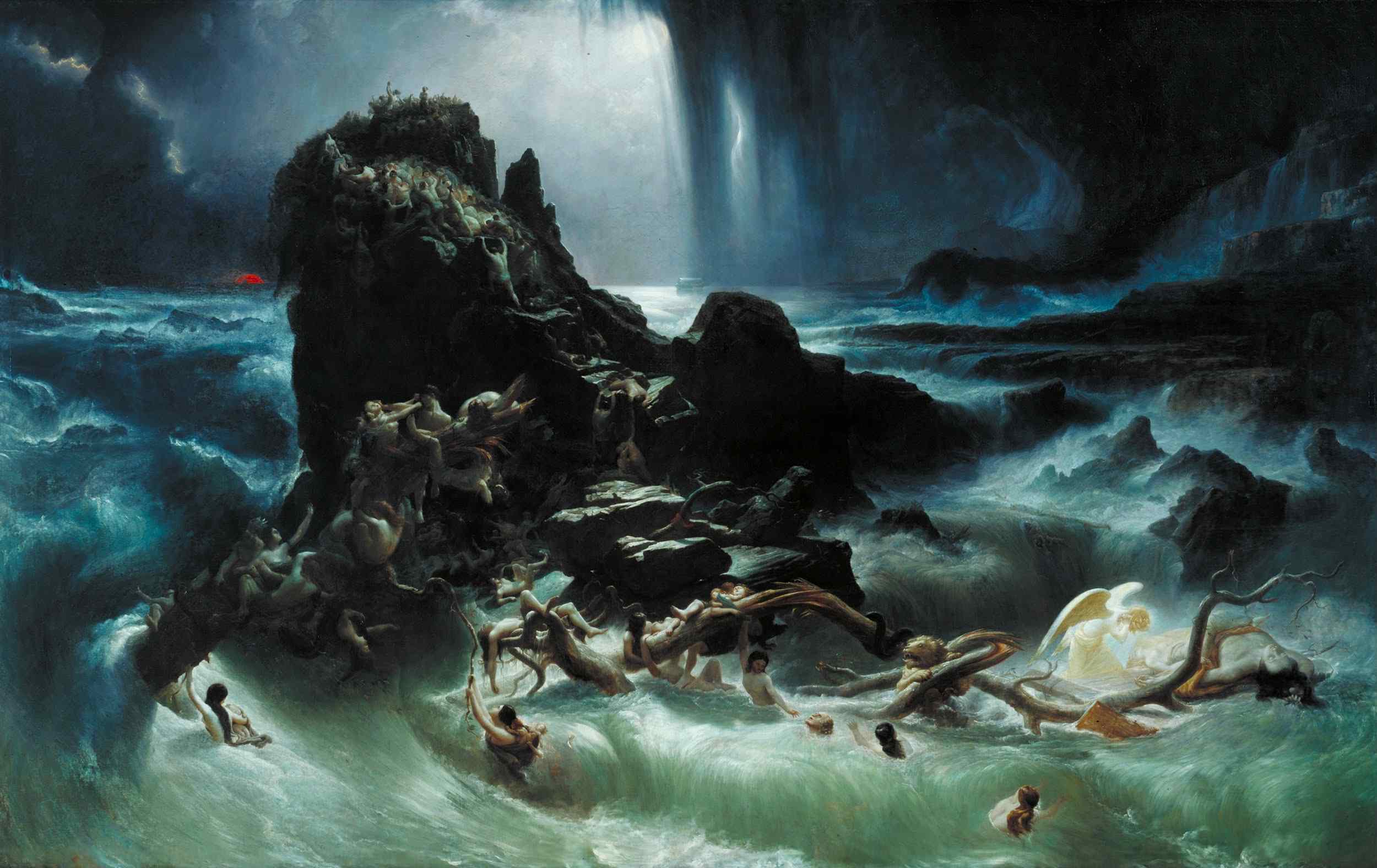
Zeus unleashed a deluge, so that the rivers ran in torrents and the sea flooded the coastal plain, engulfed the foothills with spray, and washed everything clean. And because no soil washed down from the mountains to replace the lost soil, the soil in that land was stripped away, causing much of the area to sink out of sight, and the islands that remained to become the “bones of a dead body.”
Athens, in those days, was very different. The land was rich and water was brought in from underground springs, which were later destroyed by earthquake. He describes the civilization of Athens at that time as ideal: pursuing all virtue, living in moderation, and excelling in their work.
He then moves on to describe the origins of Atlantis. He said that Atlantis was allotted to Poseidon. Poseidon fell in love with a mortal girl named Cleito ― daughter of Evenor and Leucippe ― and she bore him a number of children, the first of which was named Atlas, who inherited the kingdom and passed it onto his firstborn for many generations.
Critias then goes into a great deal of detail in describing the island of Atlantis and the Temple to Poseidon and Cleito on the island, and refers to the legendary metal orichalcum. It was a valuable yellow metal known to the Ancient Greeks and Romans. The mythical metal was said to be more valuable than gold.
What Made Atlantis So Fascinating Through Humanity?
According to Plato’s historical literature, Atlantis was an organized, massive military state that at the end of its realm, met with great, natural calamity during the planning stages on an assault on Egypt.
Agriculturally, the Athenian nation was well educated and able to create herbal remedies from plants. Their irrigational skills were very advanced, as they constructed multiple canals to irrigate their plains and farmlands. Due to their superior intelligence, reservoirs and buildings like the Metropolis were constructed, hydraulically-engineered machines and bridges were built, literary pieces and laws were written; and most often, their objects were coated with bronze, copper or gold.
Based on a monarchy and systemized class, the Atlantis civilization also held a valuable status for women. Historically thought to be the greatest of all nations, Atlantis ruled all surrounding land with their empirical laws.
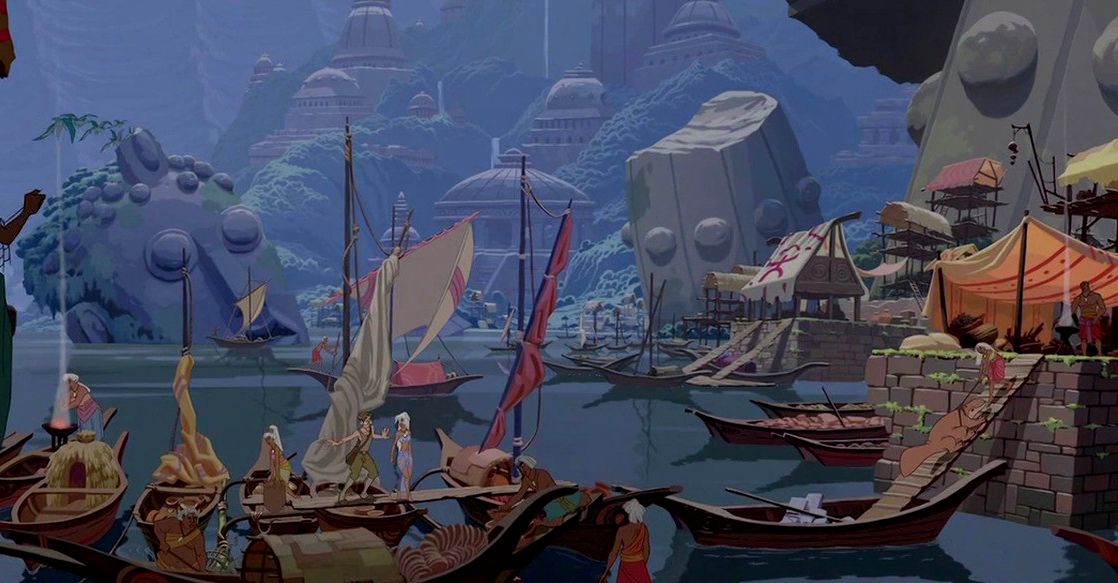
Apart from being an advanced civilization, Atlantis was a massively-sized continent, according to Plato. By Critias’ measurements, Atlantis would have been about 7,820,000 square miles in size ― this is larger than some, major oceanic basins. Critias accounts that Egyptian priests told of Atlantis being located beyond the Pillars of Hercules ― the Strait of Gibraltar. This is where the Atlantic Ocean and the Mediterranean Sea intercede one another.
Today, some evidence has been provided that denote underwater walls and roads, and a set of islands resembling the shape of Atlantis in the Caribbean Sea. Another possible theory would be that Atlantis could possibly rest on the Mid-Atlantic Ridge, which could be a beneath-ground of a mountain range. While some researchers believe that Atlantis could be in the Azores, Crete or the Canary Islands.
Unfortunately, according to the Egyptian priests, Atlantis was continually pounded by catastrophic earthquakes and floods until one day when the whole continent sunk beneath the sea and disappeared. They were also quoted as saying that where Atlantis vanished, became an area in the ocean that was impassable and undiscoverable. The theory behind the sinking of Atlantis was that mankind had become so corrupt, that by their own hands, created their own demise.
Conclusion
In the end, Atlantis brings to mind the biblical stories of Sodom and Noah. It also interrelates with the continental shifts throughout the ages of the earth’s history, but could Atlantis really have existed? The evidence, whether circumstantial or philosophical literature, the fact remains that Plato only wrote historical truth. This being said, what message was Plato trying to convey to the future of mankind?
To conclude this article, remembering a quotation from Critias, from the literature of Plato, “There have been, and will be again, many destructions of mankind arising out of many causes; the greatest have been brought about by the agencies of fire and water, and other lesser ones by innumerable other causes.”


